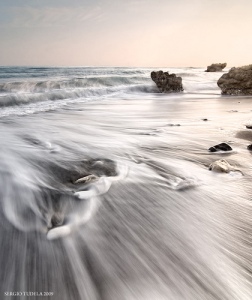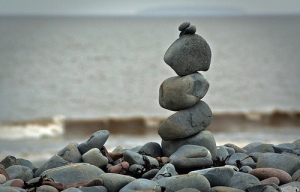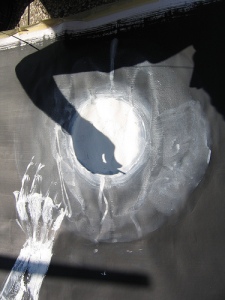I have a plan for this blog and where it’s going, and part of the plan is to be fluid but focussed. It’s open; open to intuition, influence and the flow of other thoughts. I have a sense of structure, of where it might lead. You can see this in my category headings on the right and also in the first post explaining its raison d’etre. All this I will explain and probably understand further in time as it evolves.
The planning underpinning this involved many months of reading, writing, brainstorming, mind-mapping, researching, learning about the blogging process itself and also engaging in the experience of reading blogs and and connecting through social media. I’m still learning so much but it was all about reflecting on my key message, what I felt I had to tell and contribute and learning how to do that in practice, at least enough to begin. Then, getting the courage to start.
But it all needs to remain fluid, to be able to evolve and to take in the constantly new perspectives and thoughts from reading including those from online sources. It is an infinitely fascinating space, the online space, especially influential in how it can shape your thoughts in a positive way.
The other day, I caught up with Chris Guillebeau’s recent post, ‘Transitions‘, a very powerful and beautiful thought piece about holding onto the space of transition before moving on. He encourages focusing on the moment of transition rather than rushing to move on, be it in the sphere of work, travel, relationships or anything else…‘hold on to the moment as long as you can…’, the sheer poignancy of it and what it means.
Somehow from this, I started thinking about the space between planning and intuition. How you need to plan, schedule, have a strategy, know what success looks like, set objectives and set the measures for how you know you have arrived, but that you also need to remain open to intuition, what the stream of consciousness delivers, the post that asks to be written despite your original plan for the day, the work project that needs to be messy and possibly get worse before things can be resolved and moved on.
Allowing a space for openness and intuition within a plan can only enrich it in the long run, as long as you know where you are heading. The plan is important to keep your overall direction intact but it’s also critical to avoid being rigid and immune to influence once you have a plan and are on your way.
For setting goals in the first place, I have found the following posts and processes useful:
Chris Guillebeau’s annual review process
Chris again and the importance of strategy vs tactics and the need for clear strategy – love the quote in this one.
Paul Myers’ ‘A simple system to achieve your goals’ – great for identifying your contacts and resources amongst other things
Carrie McCarthy and Danielle LaPorte’s book, ‘Style Statement’, I absolutely recommend for understanding your authentic self as a tool for life choices
Shanna Germain’s musing on goal-setting as a writer – she sets high goals for output and achieves much in the process
The communicatrix’s take on her experience with the goal setting process and what it brings up in its wake
It’s fascinating to see how all the stars who have influenced me are working on goals and strategy. It seems once the direction is set, it’s easier to engage with and reflect on the journey wherever it takes you; easier not to get lost in the important sidetracks or paths that might come up; and easier to assess if a new direction is required.
What’s your take on planning vs intuition?
Image: Fluids’s reflection, by Sergio Tudela via Flickr, used under a Creative Commons license





